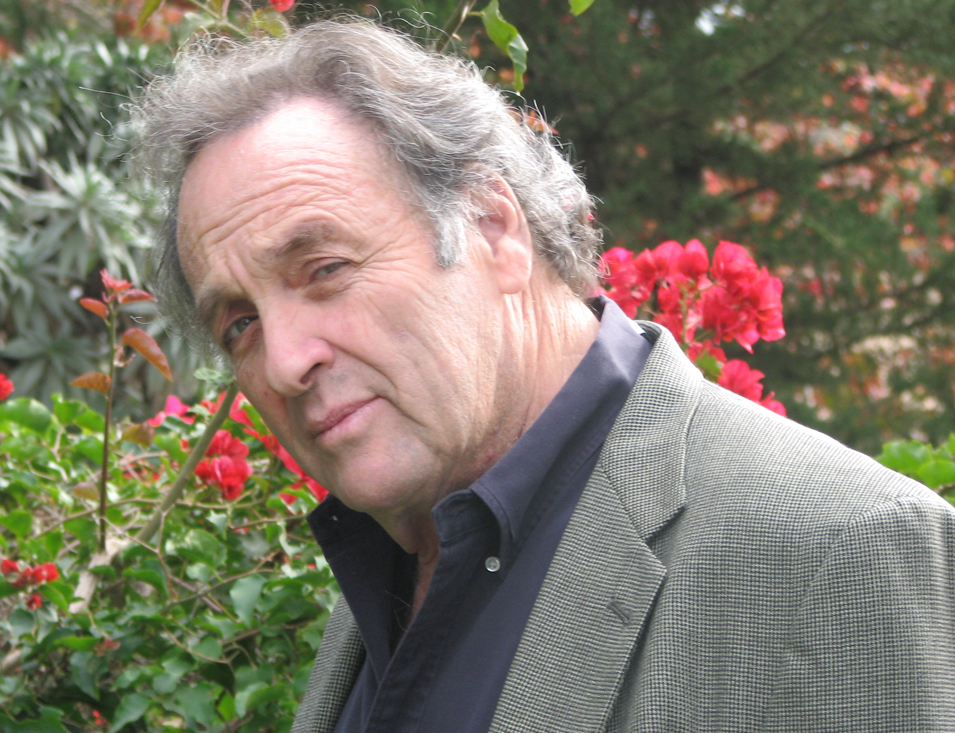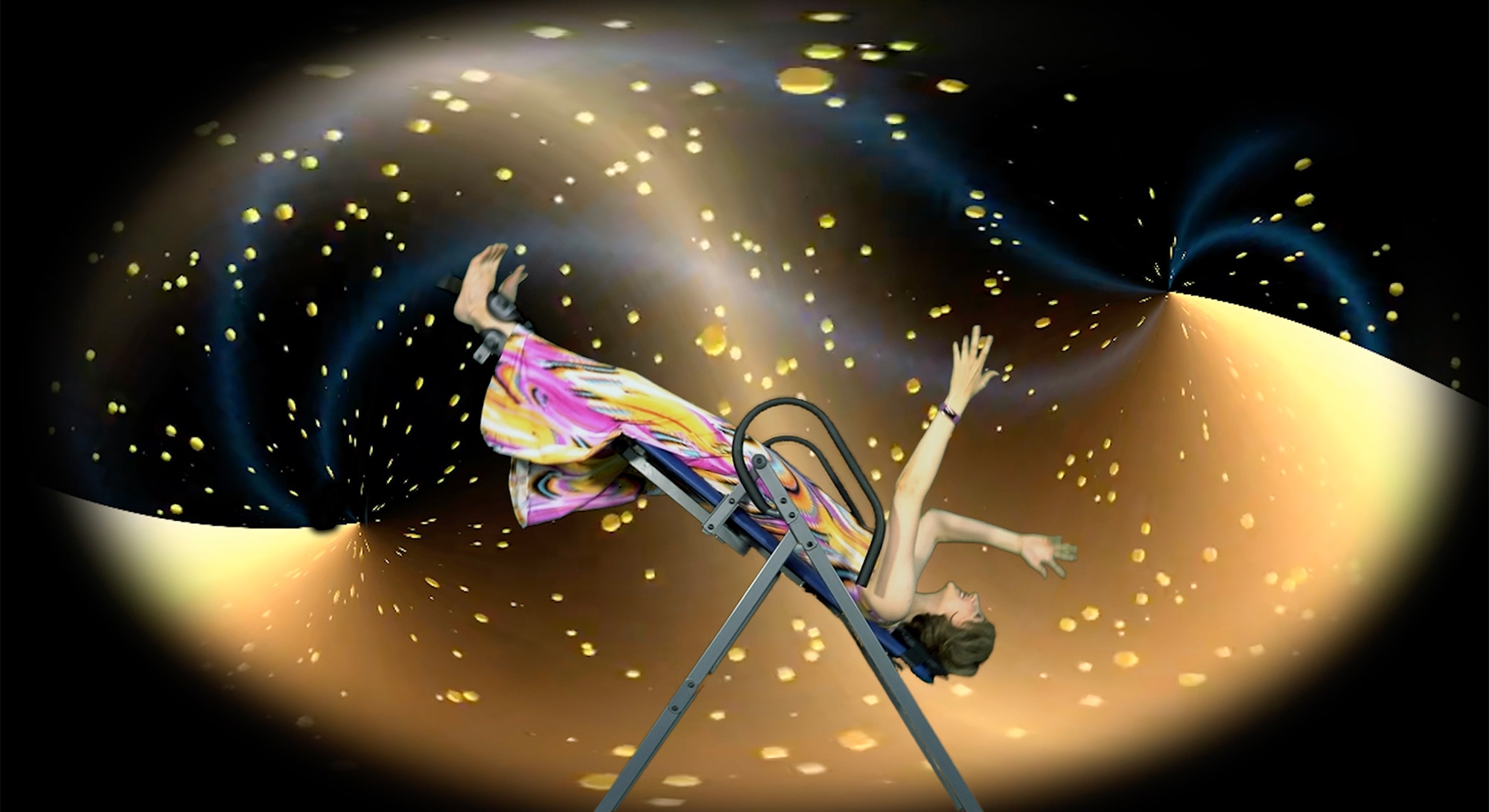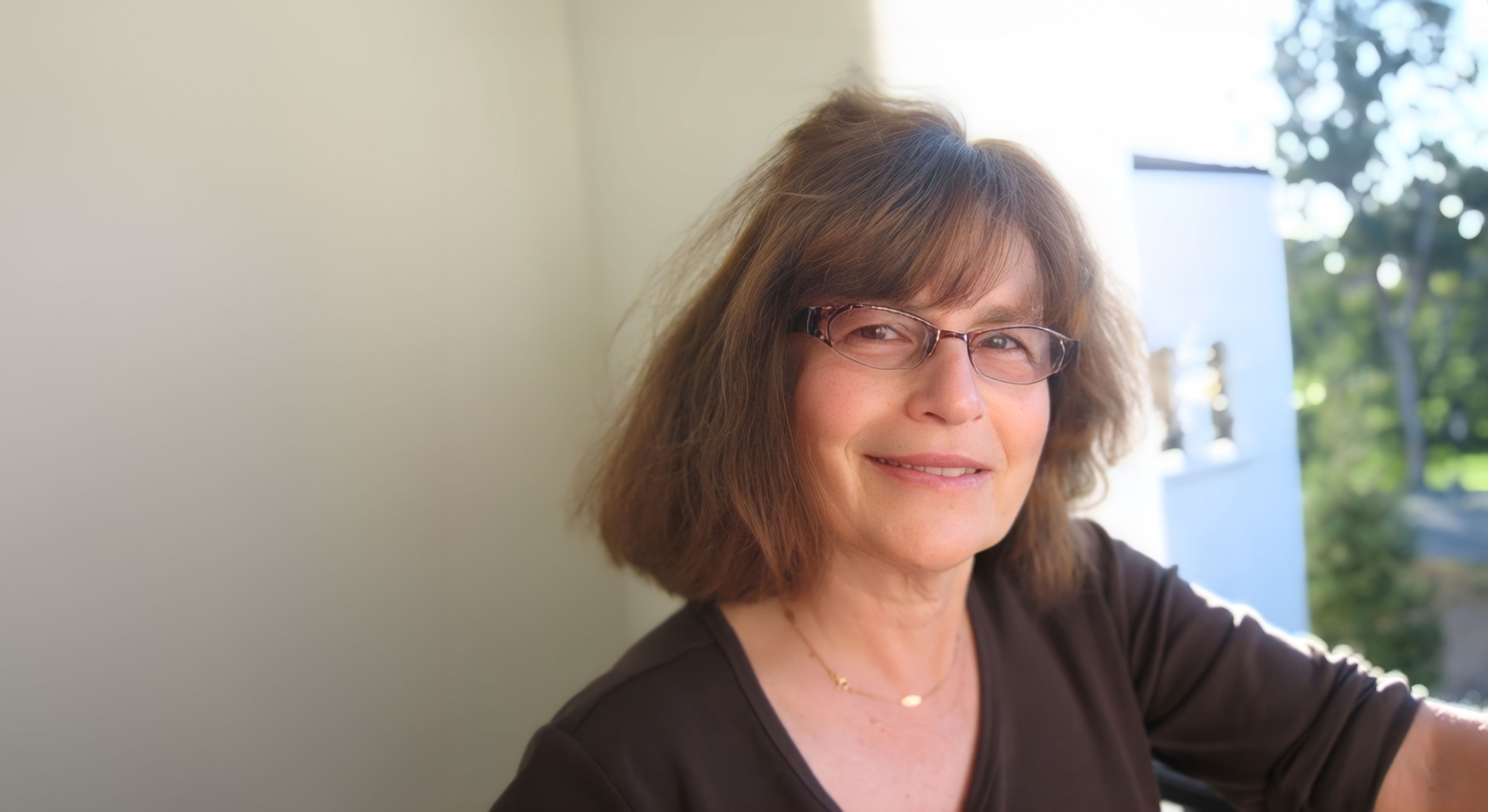
In 1961, newly graduated from Harvard University with a bachelor's degree in Far Eastern languages, John Nathan hopped a Japan Airlines flight to Tokyo where he planned to study Japanese literature. That excursion marked the beginning of a four-decade adventure during which he became the first American admitted as a regular student to the University of Tokyo, translated the work of celebrated Japanese writers Yukio Mishima and Kenzaburo Oe, and wrote, directed, and produced documentary and feature films.
In a new book titled "Living Carelessly in Tokyo and Elsewhere: A Memoir" (Free Press, 2008), Nathan, the Takashima Professor of Japanese Cultural Studies at the University of California, Santa Barbara, chronicles his life in Japan. Due out this week, the book details the events and individuals that characterized Nathan's successful and singularly chaotic career as an author, translator, Emmy Award-winning filmmaker, and cultural critic.
"The book is my view of the essential truth about my life," said Nathan. "I sat down two-and-a-half years ago to put the story on paper for my children. They don't really know who I am and I decided it was time for them to find out."
The book follows Nathan's life from his undergraduate days to the present, covering his exploits at Harvard and in Japan, New York, San Francisco, and Hollywood. "It ricochets back and forth just like I did," he said.
When Nathan traveled to Tokyo in the early 1960s, he was one of only a few foreigners there to study its language and culture. His endeavors were encouraged by Edwin Reischauer, a professor of Japanese language at Harvard, whom President John F. Kennedy had appointed ambassador to Japan.
"I had the privilege to spend time with the foremost artists, novelists, playwrights, directors, movie stars--many of the most gifted people in the country," Nathan said. In their company, he visited domains of Japanese life not generally open to foreigners then or now. Friendships with politicians and business leaders led to books such as "Japan Unbound: A Volatile Nation's Quest for Pride and Purpose," (Houghton Mifflin 2004), which examines the damaged psyche of post-bubble Japan, and "Sony: The Private Life" (Houghton Mifflin, 1999), for which Nathan was granted rare access to Sony's top officials, employees and archives. The book takes a detailed look at one of the world's most successful--and secretive--companies and focuses on the relationships among its top leaders, including co-founders Akio Morita and Masaru Ibuka.
While in Japan, Nathan also published the first of many major translations, including Yukio Mishima's "The Sailor Who Fell from Grace with the Sea" and Kenzaburo Oe's "A Personal Matter" and "Teach Us to Outgrow Our Madness." He also wrote the definitive "Mishima: A Biography" (Little, Brown, 1974) after the author's tragic ritual suicide in 1970.Turning his attention to film, Nathan wrote the screenplay for "Summer Soldiers," a Japanese feature film directed by Hiroshi Teshigahara and hailed by philosopher Jean-Paul Sartre as "the best anti-war film ever made."
Other film work included "The Japanese," which aired nationally on PBS; "Daimyo;" and "The Colonel Goes to Japan," which also aired on PBS and earned Nathan an Emmy Award for directing. The film examines the expansion of the Kentucky Fried Chicken fast food franchise in Japan.
Nathan's most recent work, in addition to "Japan Unbound," includes a translation of Oe's "Rouse Up, O Young Men of the New Age" (Grove Press, 2003). He currently teaches courses at UCSB on Japanese film and literature, consults for Japanese and Asian corporations, and continues to translate writings of Oe.
Related Links



